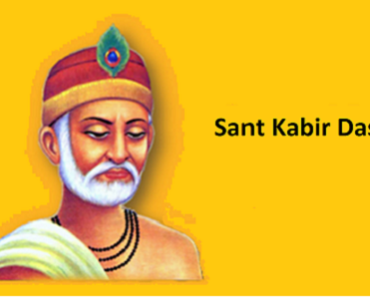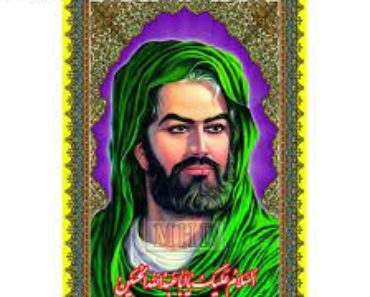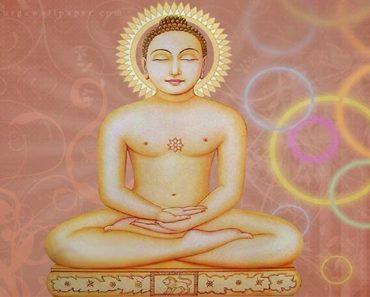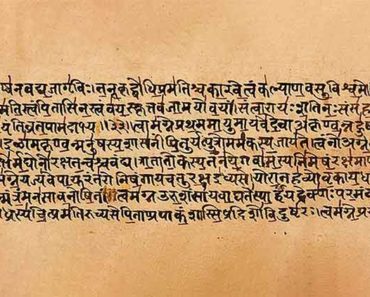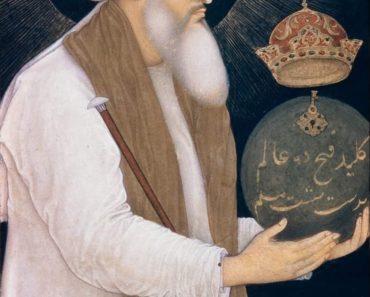Table of Contents
Vivekananda: Life
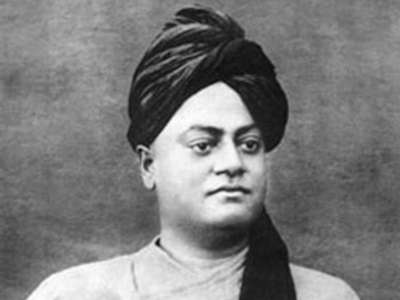
Vivekananda, whose real name was Narendranath Datta, was born in Calcutta on January 12, 1863, and died near Calcutta on July 4, 1902. He was an Indian Hindu spiritual guru and reformer who claimed that Indian spirituality and Western worldly growth were complementary. His Absolute was a person’s higher self, and the highest goal was to work for humanity’s welfare. He received his education in Bengal in a Western-style university, where he learned about Western philosophy, Christianity, and science. He was born into a Kayastha caste upper-middle-class household. Vivekananda became interested in social change and became a member of the Brahmo Samaj (Society of Brahma), a society dedicated to abolishing child marriage and illiteracy and promoting education to women and the lower castes. He went on to become Ramakrishna’s most famous follower, demonstrating how all religions are inextricably linked.
By emphasizing the universal and humanistic side of the Vedas, Hinduism’s earliest sacred scriptures, and belief in service rather than dogma, Vivekananda aimed to breathe vitality into Hindu thinking, placing less emphasis on the prevalent pacifism and presenting Hindu spirituality to the West. He was the main force behind the Vedanta philosophy movement in the United States and England, one of the very first six schools in Indian philosophy. He was a speaker for Hinduism at the World’s Parliament of Religions in Chicago in 1893. He fascinated the audience to the point where a newspaper story described him as “an orator by divine right and unquestionably the most outstanding figure at the Parliament.” He then travelled across the United States and England, converting many people to the Vedanta movement.
Vivekananda returned to India in 1897 with a small group of Western disciples and founded the Ramakrishna Mission at Belur Math, a Calcutta monastery on the Ganges River. The order continues to emphasize his goals of self-perfection and service. He adapted and modernized the Vedantic religion’s ultimate ideals for the twentieth century. While living only two years into the century, he left an indelible mark on East and West.
Teachings of Vivekanand
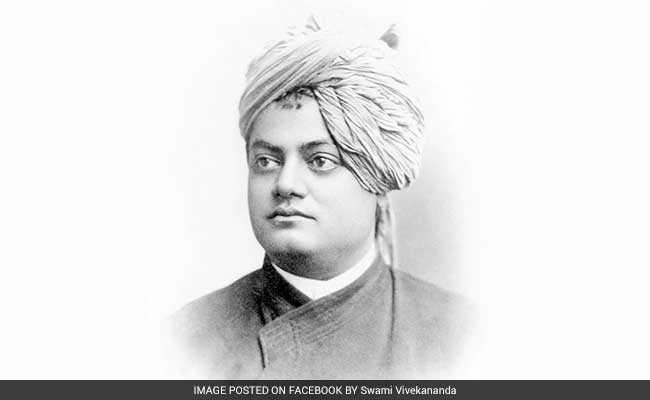
1) Being pure and being nice to others are the foundations of all worship. When a person sees Siva in the poor, the weak, and the sick, he truly worships Siva; however, his adoration is merely preliminary when he sees Siva in the image. Siva is happier with him than with someone who only sees Him in temples because he has served and helped one poor guy, recognizing Siva in him regardless of caste, creed, race, or anything else.
2) Outside of ourselves, it is impossible to locate God. All of the divinity that exists outside of us is contributed by our souls. We are the most important temple. Objectification is merely a sliver of what we perceive inside ourselves.
3) You must have immense perseverance and willpower to achieve. I shall swallow the ocean, the tenacious soul declares, and mountains will crumble at my command. Have that kind of energy, that kind of determination, and you’ll succeed.
4) Worship God with all of your minds, day and night, putting aside all other considerations. He manifests Himself and makes His followers feel His presence due to being worshipped at all hours, day and night.
5) I am confident that a substantial amount of the problems and miseries that we have now would have evaporated if faith in ourselves had been taught and practiced more widely.
6) How can the eternal spirit rest satisfied to live and die in small ruts? Come out in the broad open light of the day, also come out as the minor tight roads. Come out in the Light Universe. Everything in the cosmos is yours to hug with love, so spread out your arms and take it all in. You’ve felt God if you’ve ever wanted to accomplish something like that.
7) Success will not come in a day or a year. Always keep your eyes on the prize. Maintain your composure. Jealousy and selfishness should be avoided. You will move the world if you are submissive and eternally faithful to the cause of truth, humanity, and your country.
8) I want my children to be a hundred times better than I ever could. Every one of you must be a colossal must, in my opinion. Nothing can stop you if you have these three qualities: obedience, readiness, and love for the cause.
9) Allow others to say anything they want, and stick to your own beliefs, and the world will be at your feet. They say, Have faith in this person or that person, but I respond first and foremost, have faith in yourself.
10) There’s no reason to look back. FORWARD! Only when we have boundless energy, infinite zeal, infinite courage, and endless patience will we be able to do great things.
11) This pain is all my responsibility, and that fact alone indicates that I will be the only one who can undo it.
12) Because we are the result of our thoughts, be cautious about what you think. Words are secondary in value. Ideas are alive and well, and they may travel great distances.
13) When your heart and your mind disagree, follow your heart.
14)Don’t be discouraged; the journey is challenging, like walking on a razor’s edge, but don’t be discouraged; rise, awaken, and seek out the bargain, the objective.
15) Take everything good from others and incorporate it into your own life; don’t try to be like them.
16) If you read something in a book, don’t believe it. Don’t take something at face value just because someone else says it’s true. Just don’t believe everything only because you hear just because it has been passed down through the years. Make your investigation of the facts. Make sense of the situation. That is the meaning of the term realization.
17) Choose one concept to work with. Make it your life’s work to think about, fantasize about, and embody that one idea. Allow one idea to fill your brain, muscles, nerves, and every other part of your body while ignoring all other thoughts. This is the way to success.
18)Never believe that the soul can achieve anything. It is the height of heresy to believe this. If there is a flaw, it is when you declare that you or others are weak.
19) Choose a single concept to focus on. Make it your life’s work to think about, fantasize about, and embody that one idea. Allow one thought to reside in your brain, muscles, nerves, and every other part of your body, while all other thoughts are dismissed. This is the way to success.
20) Never believe in the soul’s ability to achieve anything. It is the height of heresy to believe this. Declaring oneself or others to be weak is a weakness if there is one.
Affirmations

1. I’m allowed to occupy a certain amount of space.
2. My history does not predict my future.
3. I am capable of making my own decisions.
4. I have complete control over how I react to others.
5. Peace is my choice.
6. Today will be my day.
7. I am entitled to happiness.
8. I am deserving of love.
9. I have a tremendous affection for myself.
10. I’m grateful that my physique is in good shape.
11. I’m at ease, pleased, and joyful.
12. My life is a blessing, and I am grateful for everything I have.
13. I surround myself with positive people who will help me achieve my full potential.
14. I don’t require the company of others to be happy.
15. I’m permitted to rest and recover.
16. Balance, not perfection, is the goal of life.
17. I make the conscious decision not to criticize myself or others.
18. Every day, I feel more at peace.
19. Difficult situations make me appreciate the good times even more.
20. Those who have wronged me are forgiven.
21. I’m in charge of my life, and no one but me will direct it.
22. I’m trying my best, and that’s all that matters.
23. I can effect change.
24. I know exactly what I am supposed to do to be successful.
25. I decide to be proud of myself.
26. On the Internet, I will not compare myself to outsiders.
27. I am sufficient.
28. I let rid of everything that didn’t serve me anymore.
29. I am completely in love with myself.
30. As I grow older, my life improves.
31. I am solely capable of achieving anything I set my mind to.
32. Respect and acceptance are due to me.
33. My contribution to the world is significant.
34. My wants and needs are vital to me.
35. I have a tremendous impact on the lives of those who surround me.
36. My life is packed with incredible opportunities waiting for me to take advantage of them.
37. I’m free to design the life I want.
38. In my life, I’m open to new experiences.
39. I’m fearless, stunning, and bright.
40. My body is flawless in the manner it was designed to be.
41. When I let my light shine, I inadvertently offer others permission to do the same.
42. There is no way to affect the future through fretting.
43. It progresses to take tiny moves toward larger goals.
44. Negative ideas have only as much force as I give them.
45. I have the option of focusing on the positive.
46. I’m allowed to occupy a certain amount of space.
47. My history does not predict my future.
48. I am capable of making my own decisions.
49. I have complete control over how I react to others.
50. Peace is my choice.
51. Requesting assistance demonstrates self-respect and self-awareness.
52. My ability to change my opinion is a strength, not a flaw.
53. My extensive and unquestionable knowledge backs up every decision I make.
54. As I do for myself, I affirm and encourage others.
55. I am the only one who knows the truth about myself.
56. I have the right to ask for what I want and need.
57. It’s okay for me to be happy.
58. In my life, I am capable of balancing ease and work.
59. Others support me because I am whole in my own right.
60. I am satisfied and pain-free.
61. I’m doing the work that suits me best.
62. I’m doing well and improving.
63. I’m maturing and progressing at my rate.
64. Those that love me hold me and encourage me.
65. I choose to be joyful because I am in the power of how I feel.
66. Today, I am listening and open to the messages that the universe has for me.
67. I am loved and deserving.
68. I’m more than my circumstances allow me to be.
69. I am receptive to healing.
70. Because it is a new day, I am optimistic.
71. I am calm and complete.
72. I am sufficient proof of who I am and what I am entitled to.
73. I am solely responsible for myself, and that is where I begin.
74. I’m safe and loved, and I’m surrounded by people who care about me.
75. It’s acceptable for me to make errors because I’m still learning.
76. I am understood, and my viewpoint is valuable.
77. I am respected and valuable.
78. I’m well-rested and looking forward to the day.
79. I am deserving of my investment.
80. I have a place here, and I am entitled to it.
81. I’ll pardon myself.
82. My history no longer bothers me.
83. I’m proud of the person I’m becoming.
84. Inside and out, I am stunning.
85. I am doing the best I can with all that I’ve got.
86. Every day, I am growing to love myself more.
87. I am a work in progress at all times.
88. I’m willing to see myself in a different light.
89. I let go of old notions that were no longer useful to me.
90. I am deserving of love.
91. I am willing to accept love.
92. I have all the love I require within myself.
93. I have a deep and abiding love for myself.
94. I’ve come to find out what it’s like to be in love.
95. I am deserving of recognition.
96. My love is unwavering.
97. The best type of love is the love I have for myself.
98. I’m surrounded by love at all times.
99. I have access to love at all times.
100. My flaws are what make me one-of-a-kind.

